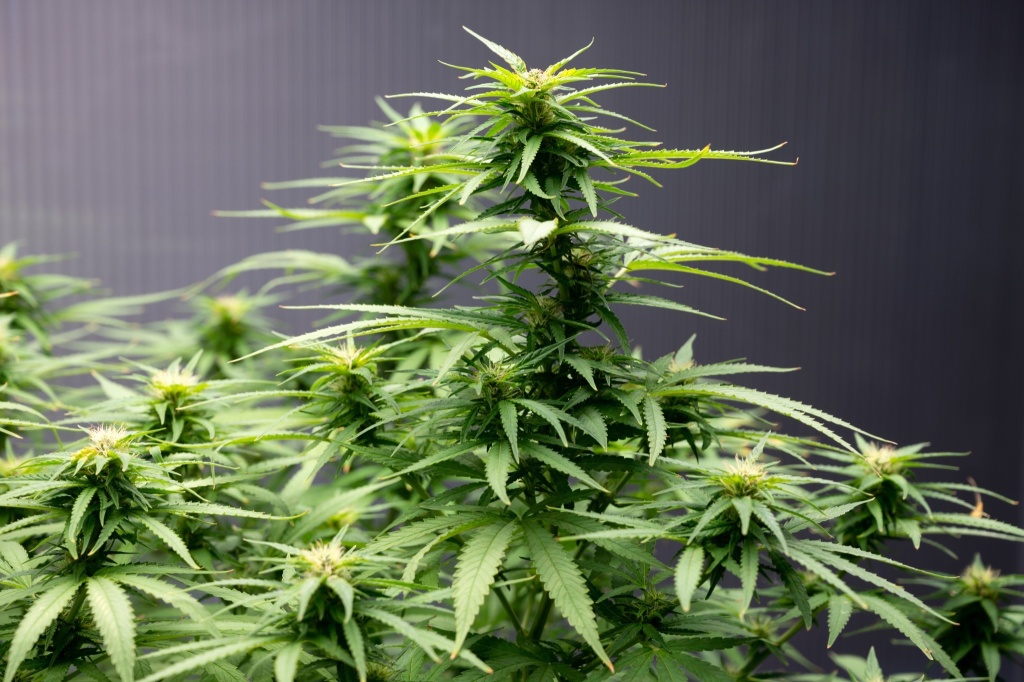Cannabis may ease major public health crisis

The opioid crisis in the United States continues to be a major problem, with no end in sight. However, cannabis may provide a solution.
In an opinion piece published in The Washington Post, Harvard University student Julien Berman argued that by making cannabis more available, people would shift from prescription painkillers to marijuana, helping alleviate the opioid crisis.
Berman used a dataset from the University of Michigan for his analysis, which found that when a county opens its first dispensary, opioid death rates decrease, relative to counties that do not have any dispensaries. In fact, the analysis showed that 10 years after the opening of the first dispensary, death rates in counties with access to cannabis were, on average, about 30 percent lower than death rates in counties without a dispensary.
RELATED: Cannabis may be as effective as opioids in treating neuropathy, new survey says
This initial analysis indicates that opioid users do shift to marijuana enough to stop overdosing, evidenced by the decrease in death rates only beginning after the first dispensary opens. While marijuana has its own long-term risks, cannabis is arguably much safer than heroin.
“Making cannabis more available – and reducing its cost – could induce people to shift from opioids, which are super dangerous, to marijuana, a significantly safer alternative,” Berman wrote. “Existing opioid users seeking pain relief can choose marijuana instead of heroin, especially in counties where recreational use is legal and access is easy. And new potential users might never turn to opioids at all if they could get marijuana instead.”
Berman chose to use county-level data to account for the discrepancies between how hard an area was hit by the opioid crisis. Also, by comparing each county to itself, Berman could isolate the effects of dispensaries opening from other factors in a county.
RELATED: This Schedule I substance could help people recover from opioid addiction
However, Berman concedes that the data is not perfect.
“For one, the Michigan dataset is built from an enormous number of messy business records, so some establishments could be misclassified,” Berman wrote. “Second, I can’t fully eliminate the possibility that cannabis counties began other treatment programs at the exact same time that they opened up that first dispensary.”
This analysis aligns with past research that indicates the positive correlation between cannabis and decreases in opioid death rates. However, to fully confirm whether cannabis has a causal impact on lowering the opioid death rate, further research and analysis are needed.